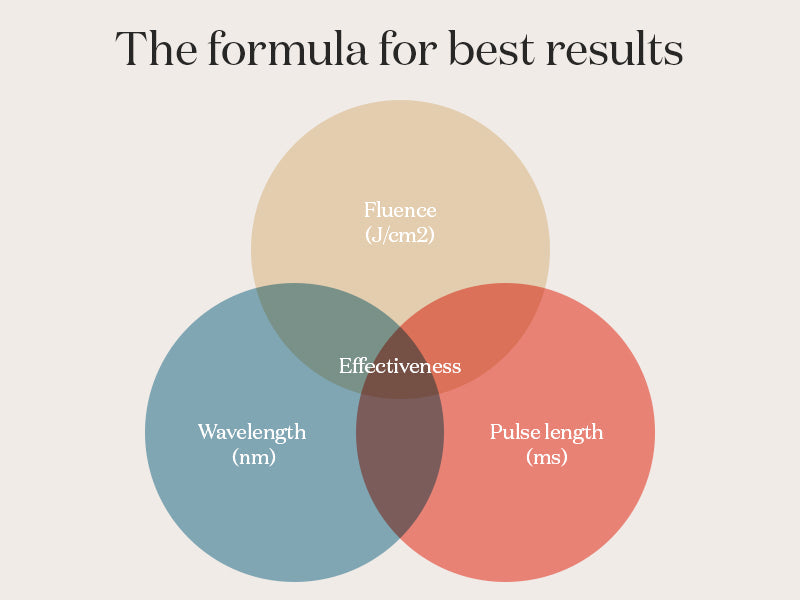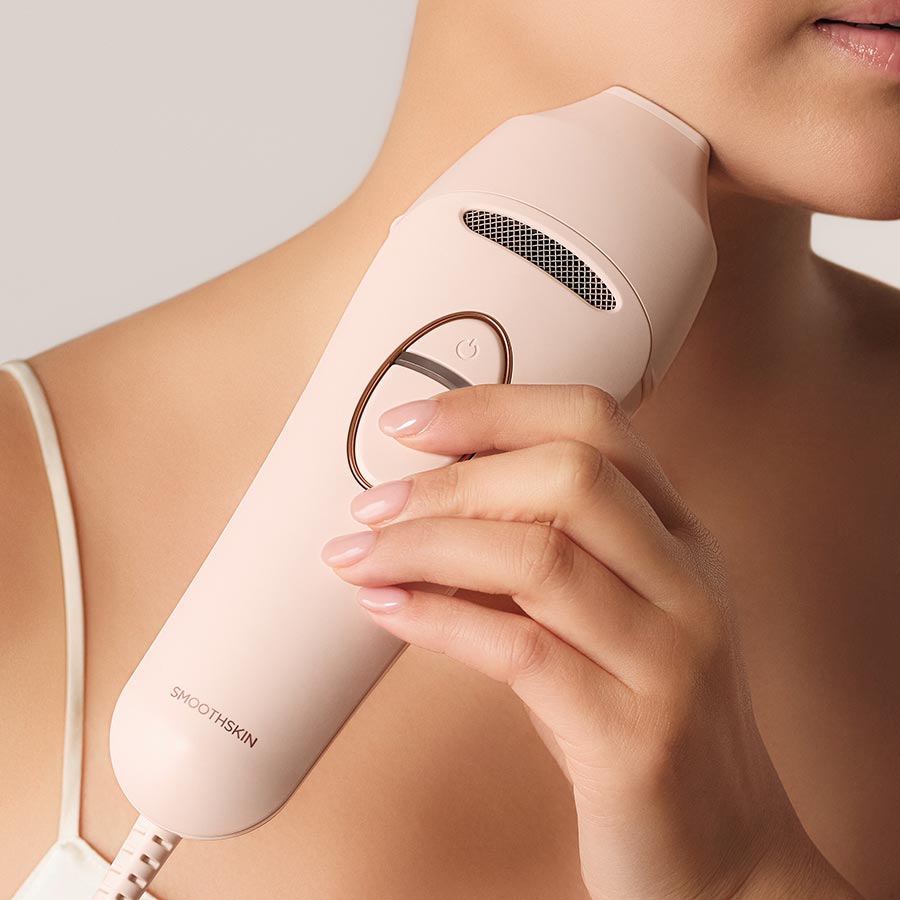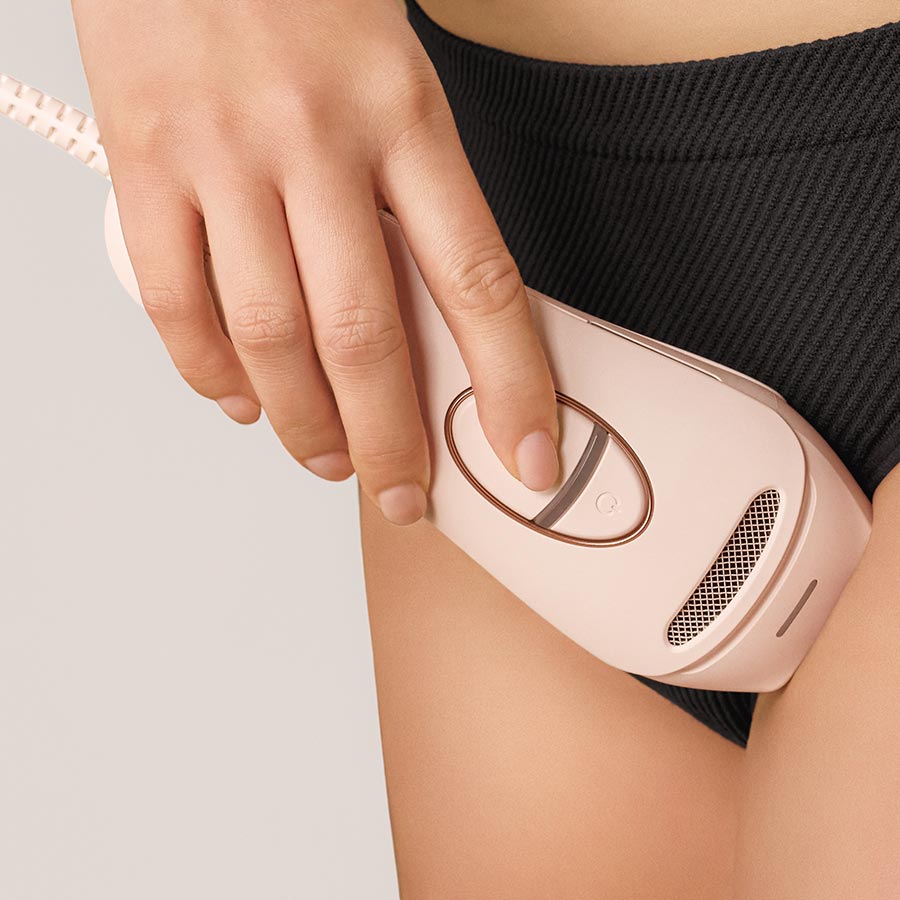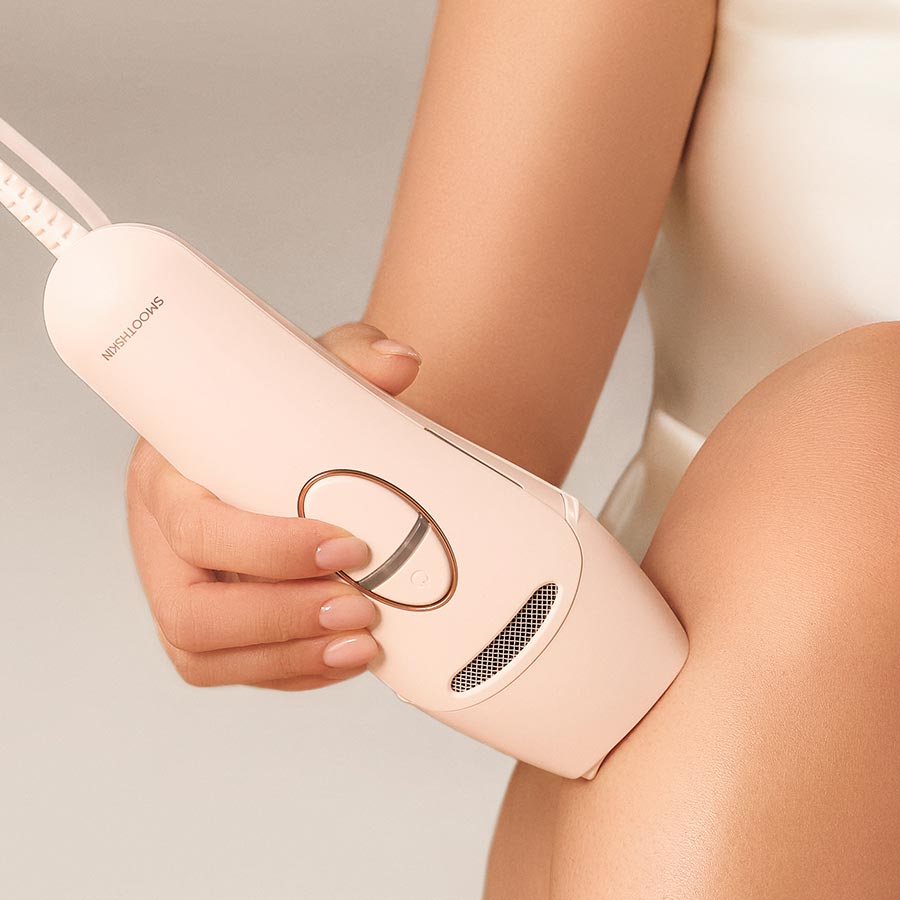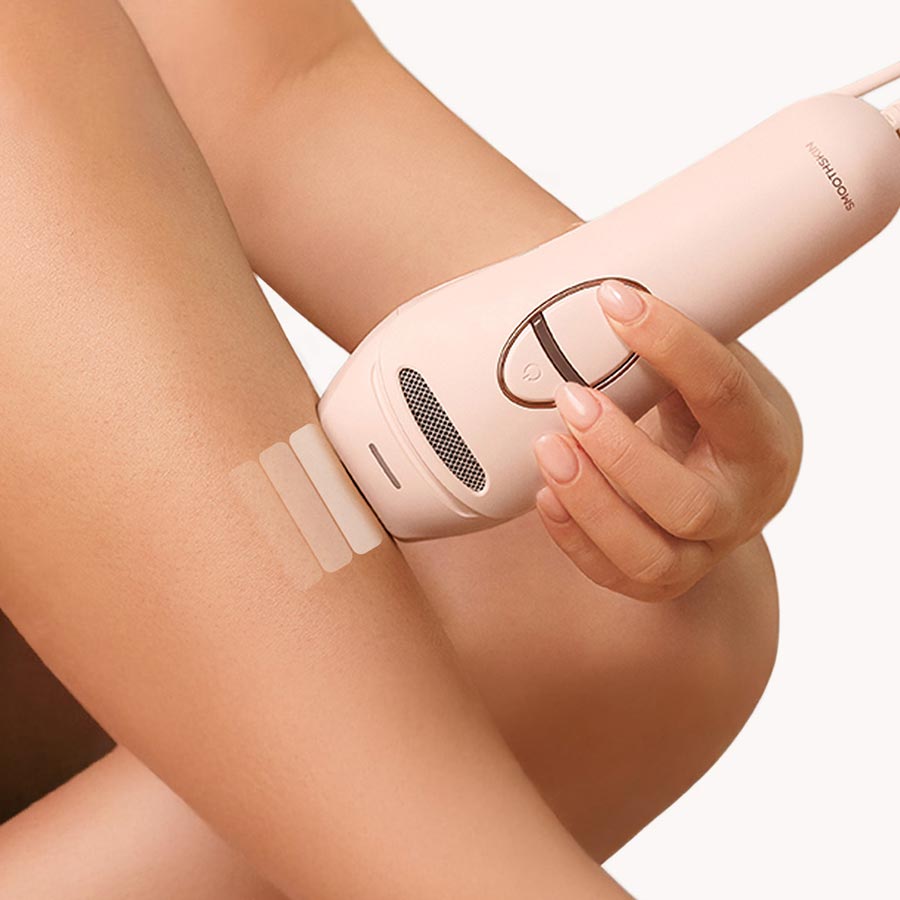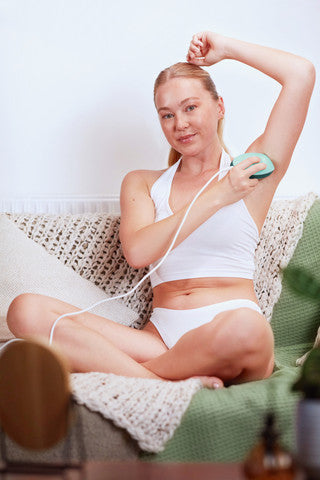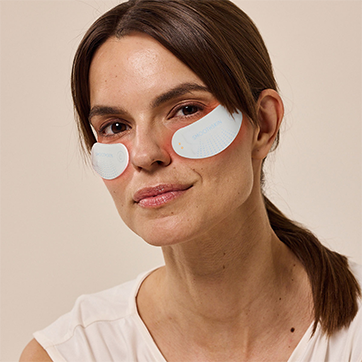What is hard water? Does it affect our skin?
 The water in our states and cities can have a big impact on our day to day lives, from affecting our cleaning routines all the way to how well our appliances work.
The water in our states and cities can have a big impact on our day to day lives, from affecting our cleaning routines all the way to how well our appliances work.
And states with hard water vs soft water states will see a difference not only in their home, but also in their hair and body care. Yes, you read that right. The water you’re using for your showers and your skincare routines can actually have a huge effect on your skin and hair, and can even mean you should have a different routine depending on your state’s local water.
But, what even is hard water? And how can you find out if you have hard or soft water?
What is hard water?

Hard water is used to describe water that has a high concentration of dissolved minerals–mainly calcium and magnesium. When looking at the differences of hard vs soft water, soft water usually has a higher amount of sodium rather than calcium and magnesium.
So the key question that plenty of us ask, is my water hard or soft? Well, there are ways you can tell the difference.
If after showering, you find your water leaves behind a chalky residue on your shower door, or you see white water marks on your dishes after washing them–you probably have hard water. Hard water can also cause mineral build-ups, so you may find these in any electric kettles in your kitchen.
Although our water can differ from state to state, it’s suggested that a huge 85% of the USA has hard water, so it’s likely that you’re experiencing some of these effects around your house, but the degree of hardness can still vary across the country.
States with notoriously hard water include:
-
Phoenix, AZ
-
Tampa, FL
-
Indianapolis, IN
-
Minneapolis, MN
-
Las Vegas, NV
-
San Antonio, TX
If you’re wondering “how hard is my water?”, you can use a ZIP code checker to get your exact details.
Is hard water bad for you? Can hard water cause dry skin?

Luckily, hard water is totally fine to drink–and some of us may even prefer the taste over soft water–but that doesn’t mean it’s great to use everywhere.
We’ve gone over how hard water can affect your home, but is hard water bad for your skin?
Unfortunately, the effects of hard water on skin and hair aren’t great. The calcium and magnesium in hard water can react with your soaps, cleansers and shampoos, meaning that your skin and hair doesn’t feel as “clean” after washing. You might find that when you’re in the shower, any shampoos or soaps in your body care routine don’t lather up very well, and your hair is looking dull and losing shine.
You may even find a residue or film is left behind after your skincare routine because of this improper cleansing–this can be a main sign of hard water symptoms on the skin.
The mineral build up can cause dry, itchy skin and can possibly make skin conditions like eczema and dermatitis worsen. Those with very sensitive skin may even suffer with a hard water skin rash as any existing conditions become more aggravated.
Over time, you could be doing damage to your skin barrier, causing clogged pores which can lead to irritated skin and breakouts.
“Wait, does hard water cause acne?” Sadly, the answer is–in some cases–yes. A damaged, and irritated skin barrier can make us more likely to suffer from breakouts. Conditions like acne can also cause discolorations to the skin, and uneven pigmentation.
If you find that your skin changes when you go to different states, you may have hard water to blame. If you travel to a soft water state your hair and skin feel cleaner and softer, it’s likely you have hard water usually.
As a quick fix, you can try out a shower filter for hard water that will soften your shower’s water–making your ‘everything shower’ more manageable. But what are the other steps you can take and how can you reverse the effects of hard water on skin?
What is the best skincare routine for hard water areas?

As we mentioned, hard water can dry out your skin and leave it feeling irritated. So in a hard water area, it’s good to take tips from a dry skin routine.
Usually a skincare routine for dry skin will include cleansing with an oil cleanser, followed by a gentle water-based cleanser. And it’s important that you don’t use hot water on your face, as this will dry out your skin even more.
You can also try cleansing with micellar water as a second cleanser, as micellar water doesn’t need rinsing–taking out the need for more water on your face.
After cleansing, pat your face dry instead of rubbing. While your skin is still damp, apply any toners or serums and be sure you choose a moisturizer with hydrating properties that will care for your skin barrier. You should look for ingredients like ceramides, hyaluronic acid or squalane.
If you’re wanting to introduce more targeted tools into your skincare routine, you can also use a red light therapy mask before your moisturizer to reduce any irritation.
What is red light therapy good for?

Well, those problems we mentioned that hard water can cause such as dry, irritated skin, eczema, and acne, can all lead to uneven skin tones (also known as hyperpigmentation).
Red light therapy stimulates the production of collagen and elastin, which can help get rid of any annoying skin discolouration and restore an even complexion.
If you have a more damaged skin barrier, an LED mask will improve circulation to your skin, increasing the amount of oxygen and nutrients that your skin cells get–helping repair damaged skin and promote faster skin regeneration.
SmoothSkin’s LED mask can be worn for just 10 minutes, making it a quick, easy addition to your routine that offers clinically proven results.
